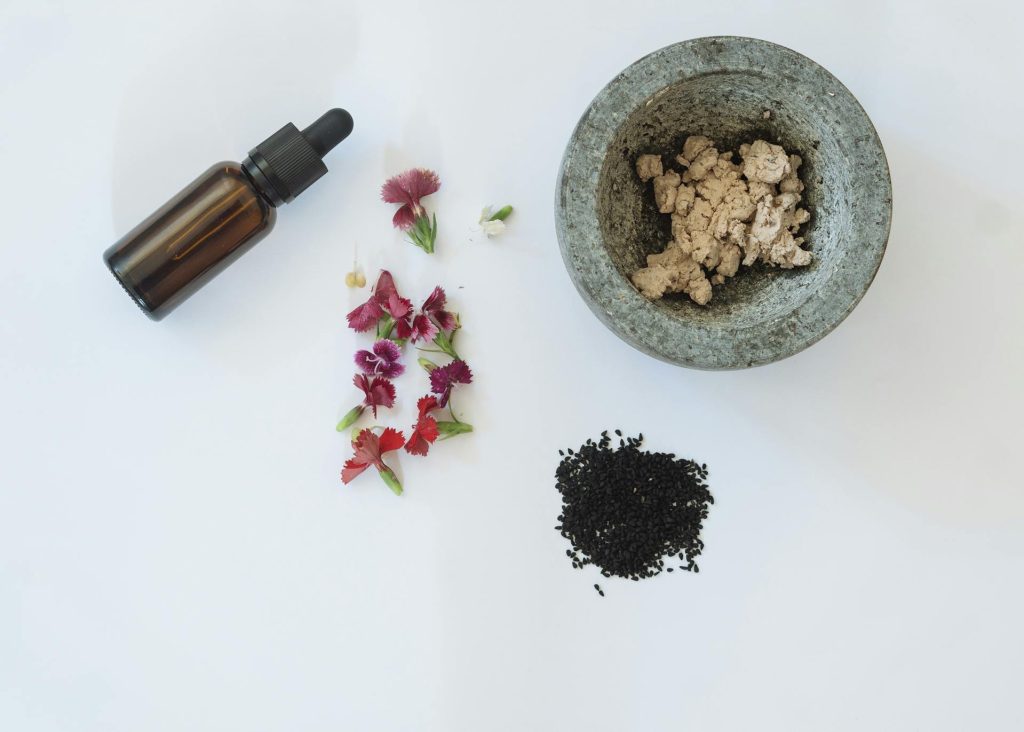Everyone gets acne. That is a fact. While most people usually get it during puberty, some people still get acne regularly into their adulthood. Even with how much you have invested in a skincare routine, most of us will still need to battle the occasional breakout anyways.
However, how we deal with acne is going to vary from person to person. This is mainly due to everyone having a unique skin type, lifestyle, genetic history, and skin tone, meaning it is almost impossible to give a single one-size-fits-all advice. That being said, there are still best practices that you should keep up with if you are battling acne. Below, we have listed and explained a few of the best ways to get rid of acne. While all skin types are different, at least one of these tips is bound to help you reduce inflammation and clear up acne sooner, rather than later. So make sure to read below to learn more!
Wash face daily
The first and best thing when it comes to getting rid of acne is remembering to wash your face daily. This is because, over the course of a day, things such as sweat, oil, dead skin cells, makeup, sebum, sunscreen and other environmental pollutants tend to build up on the skin. So, it is essential to remove these layers of grime and dirt via cleansing in order to prevent your pores from getting congested and clogged, which is what leads to breakouts.
Most experts recommend you wash your face twice a day in order to get rid of any pimples and keep future breakouts from occurring. For emergencies when you are too tired to wash your face, you should consider keeping a stash of face wipes in your bathroom or nearby your bed. This way, if you come home super late or are too tired, then you can still use the wipes to clean your skin before going straight to bed!
Use the correct face cleanser
Most people don’t know this, but just buying a generic face wash will not necessarily improve your skin or complexion. In order for a cleanser to work most effectively, you have to pay attention to what skin type you have and pick suitable ingredients accordingly. For example, if you tend to have oily skin, you should choose products with benzoyl peroxide, glycolic acid, or salicylic acid. On the other hand, if you have sensitive skin, you should look for more gentler cleansers such as those containing lactic acid or other hydrating ingredients like glycerine, which are not as drying.
Do not over-exfoliate the skin
Surprisingly enough, if you scrub your face daily with grainy cleansers and exfoliating products in a bid to stop breakouts from occurring, you are actually doing a lot more harm than good. This is because when you exfoliate too often, it can cause redness, irritation and inflammation of your skin. Especially when you exfoliate a pimple – this is because it pulls away healthy skin cells and creates an open wound, which actually increases the risk of scarring. On the whole, exfoliation should be done with caution and regulation, with experts advising not to do it for more than two to three times a week maximum.
Regularly change your face towel
While most people may not think about doing this, if you really stop to think, consistently reaching for your face towel every day is like reusing a dirty napkin over and over again. Using dirty towels can harbour a lot of bacteria, and can even introduce new bacteria onto your skin. This in turn may lead to more pimples occurring. Fortunately, this does not mean you have to reach for a new towel every single time you need to wash your face. So long as you are not washing off all your makeup, you can pretty much stick to switching out your towels on a weekly basis instead.
Moisturise
If you are worried that moisturiser will make your acne worse, then good news – there’s no need to panic! In fact, moisturisers can actually help to deal with acne and improve your skin complexion. This is because if the skin surface is dehydrated and dry the oil glands tend to overproduce oil in order to compensate, making acne worse. On the other hand, hydrating the skin surface can help to rebalance oil glands and control acne, in addition to improving skin healing properties. When buying a moisturiser, it is best that you pick something that is lightweight and oil-used that will not clog your pores.

